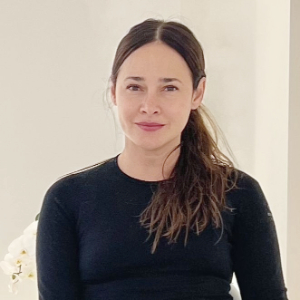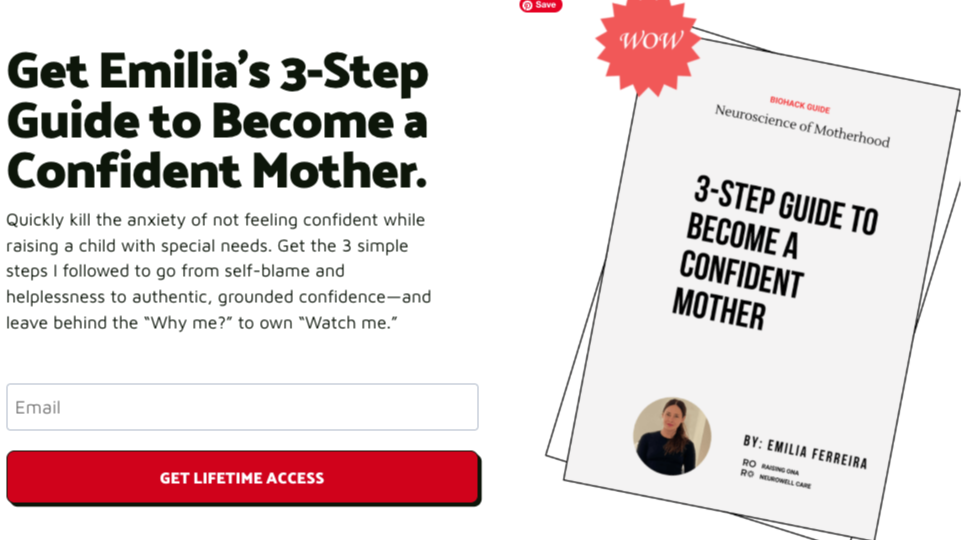
Geese follow the first moving object they see
A conversation with Dr. Gordon Neufeld, inspired by his work "Hold On to Your Kids".
Listening to Dr. Gordon Neufeld, the complexities of attachment and its fundamental role in the development and caregiving of children, particularly those with brain injuries, were explored with depth. Dr. Neufeld's wisdom, drawn from his work "Hold On to Your Kids," provides a vital lens through which we can understand the challenges and necessities of nurturing vulnerable children.

Attachment, as Dr. Neufeld delineates, is far more than an emotional bond; it is a delivery system of care, deeply embedded in the instinctual drives of all creatures. This system, critical for the unfolding of human potential, finds its roots at the very foundation of our being. The brain, designed to prioritize and serve this drive, underscores attachment as the underpinning of all emotional and mental processes. However, when this attachment is not fostered or is misdirected, the consequences for a child's development and well-being can be significant, particularly for those with brain injuries whose developmental trajectories are already navigating complexities.
Dr. Neufeld brings to light a disturbing trend: the epidemic of peer orientation, where children, seeking connection, turn to their peers rather than their caregivers. This shift undermines the essential delivery system of care, as peers, unlike caregivers, are not equipped to provide the nurturing and guidance children need. This misalignment is exacerbated in the realm of caregiving for children with brain injuries, where the specialized understanding and support of caregivers are paramount.
The crux of the issue lies in our cultural narratives around independence and equality, which, while valuable in many contexts, obscure the natural hierarchies of attachment that are crucial for development. In these natural hierarchies, the roles are clear: caregivers provide, and children receive. This is not about dominance but about fulfilling the innate need for care and guidance that all children have—a need that, when met, allows for true independence and equality to flourish as the child matures.

However, the misconception of the alpha complex as independence further complicates this dynamic. Today's children, perceived as independent, are often merely shifting their dependency from caregivers to peers, a move that stunts emotional growth and development. The essence of attachment—to be cared for—is lost in this transition, leading to a cascade of emotional and developmental issues. Wounding becomes a critical concern, as the lack of a proper attachment foundation inhibits the child's ability to process and recover from emotional pain, leading to increased restlessness, boredom, and an overall sense of incompleteness.
Dr. Neufeld emphasizes that the path to resilience and realizing one's full potential lies through the feelings. Our current pharmacological trends, which often focus on numbing these feelings, only serve to further alienate children from their innate mechanisms of recovery and growth. Instead, a strong emotional connection with a caring adult has been shown to be the single most protective mechanism for a child's development, acting as a bulwark against the storms of emotional and psychological turmoil.
In the caregiving context, especially for children with brain injuries, this translates to a profound responsibility. Caregivers must become the anchor, the north star, guiding their charges not through coercion or directive but through the strength of their presence and the depth of their understanding. This is a role that transcends actions; it is about being—being present, being empathetic, being the unwavering source of security and love that these children desperately need.

Dr. Neufeld meticulously outlines how attachment should unfold naturally, a process taking approximately six years under optimal conditions. Initially rooted in the physical closeness and contact between caregiver and child, this process evolves through stages of sameness, belonging, and significance. Each stage is crucial for the child's development of identity, loyalty, and emotional depth. However, a critical vulnerability emerges when development halts at sameness, leading to an overreliance on peer orientation. This shift towards peer attachment—where children seek validation and guidance from their peers rather than their caregivers—has profound implications, particularly for children with brain injuries who require specialized care and understanding.
Dr. Neufeld's insights call for a reevaluation of our roles as caregivers, urging us to embrace the primordial rituals of attachment—collecting, bridging, and matchmaking—to foster a secure, nurturing environment. Only in this space, where the child feels truly cared for and understood, can the roots of attachment grow deep, allowing for the blossoming of personhood and the emergence of a strong, resilient self, capable of navigating both the challenges of brain injury and the complexities of the human experience.
The takeaway is clear: the issue is not with the children of today but with our collective failure to preserve the attachments that ease the paths of parenting and teaching. By reaffirming these bonds, we not only simplify these roles but also unlock the full potential of our children, guiding them towards a future where they can stand strong, not just as individuals, but as integral parts of a community bound by the indelible ties of care, understanding, and mutual respect.




